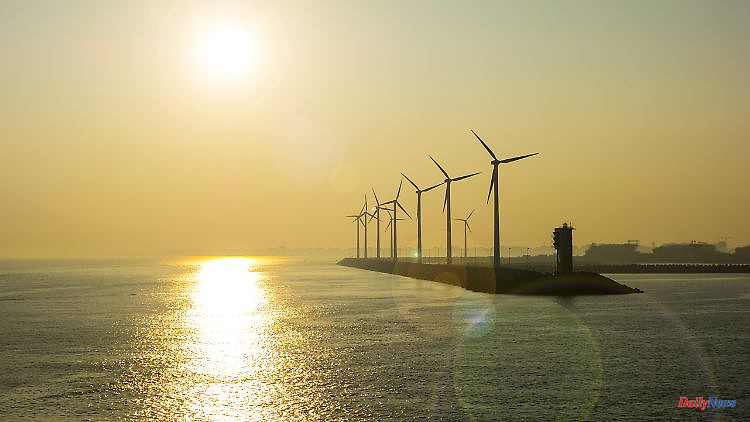After the Dutch military intelligence service intercepted a Russian sabotage ship in the North Sea, Belgium also reported a suspicious sighting. Since the Nord Stream blast, many EU countries have woken up.
Belgium is arming itself against possible Russian sabotage actions from the sea. Justice and North Sea Minister Vincent Van Quickenborne confirmed that the Belgian Navy sighted a suspicious Russian ship off the coast in November. "It's worrying because we know the risk of sabotage after what happened around Nord Stream," he said, referring to the explosions on both gas pipelines in September. "We have to be vigilant," said Van Quickenborne. According to the minister, it is apparently the same ship that the Netherlands had previously sighted in its own waters. In doing so, it had turned off its mandatory AIS radio, which allows authorities to identify and locate ships.
"We have decided to invest millions of euros in purchasing software to better track such activity," said Van Quickenborne. In addition, the government has made it possible by law to equip offshore wind turbines with cameras. In cases of sabotage or espionage, it is also fundamentally possible to confiscate a boat.
On Tuesday, Van Quickenborne said the ship's voyage "must undoubtedly be viewed in the broader context of the Ukraine war." The occupation's motives are unknown, but the government in Brussels is "not naive". This applies in particular if the ship "behaves suspiciously near our wind farms, underwater pipelines and data cables and other critical infrastructure".
In September, a series of underwater explosions destroyed parts of the Nord Stream pipelines carrying Russian natural gas to Germany. According to the German Federal Public Prosecutor's Office, the investigations have so far produced no evidence that Russia is behind it. For its part, Russia speaks of "sabotage" on the pipelines, accuses the USA and calls for an independent investigation.
In January, the EU and NATO set up a joint working group to protect Europe's vital infrastructure. In mid-February, NATO set up a new coordination center at its Brussels headquarters, which is to be headed by the retired German lieutenant general, Hans-Werner Wiermann.












